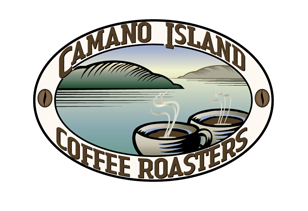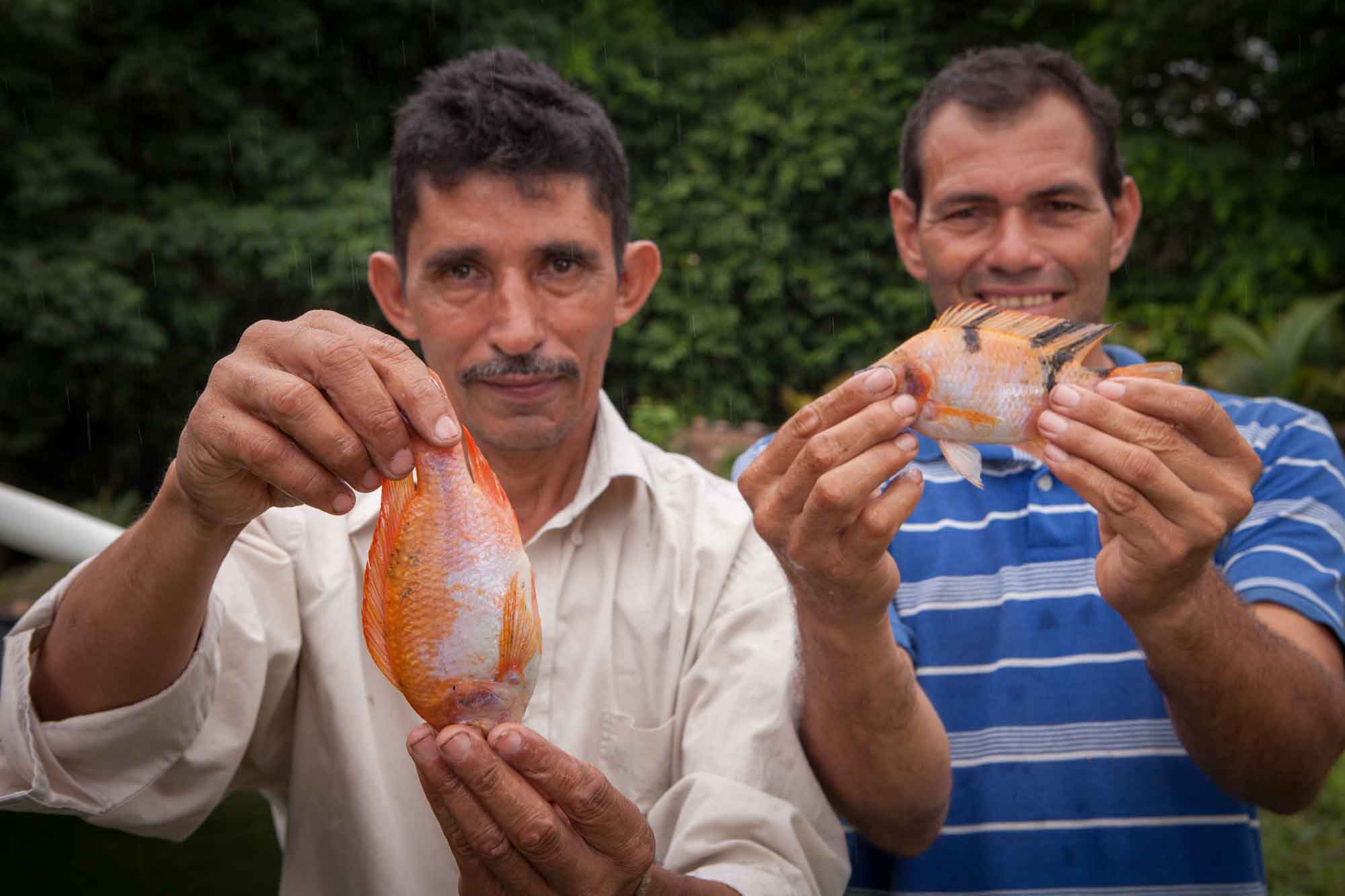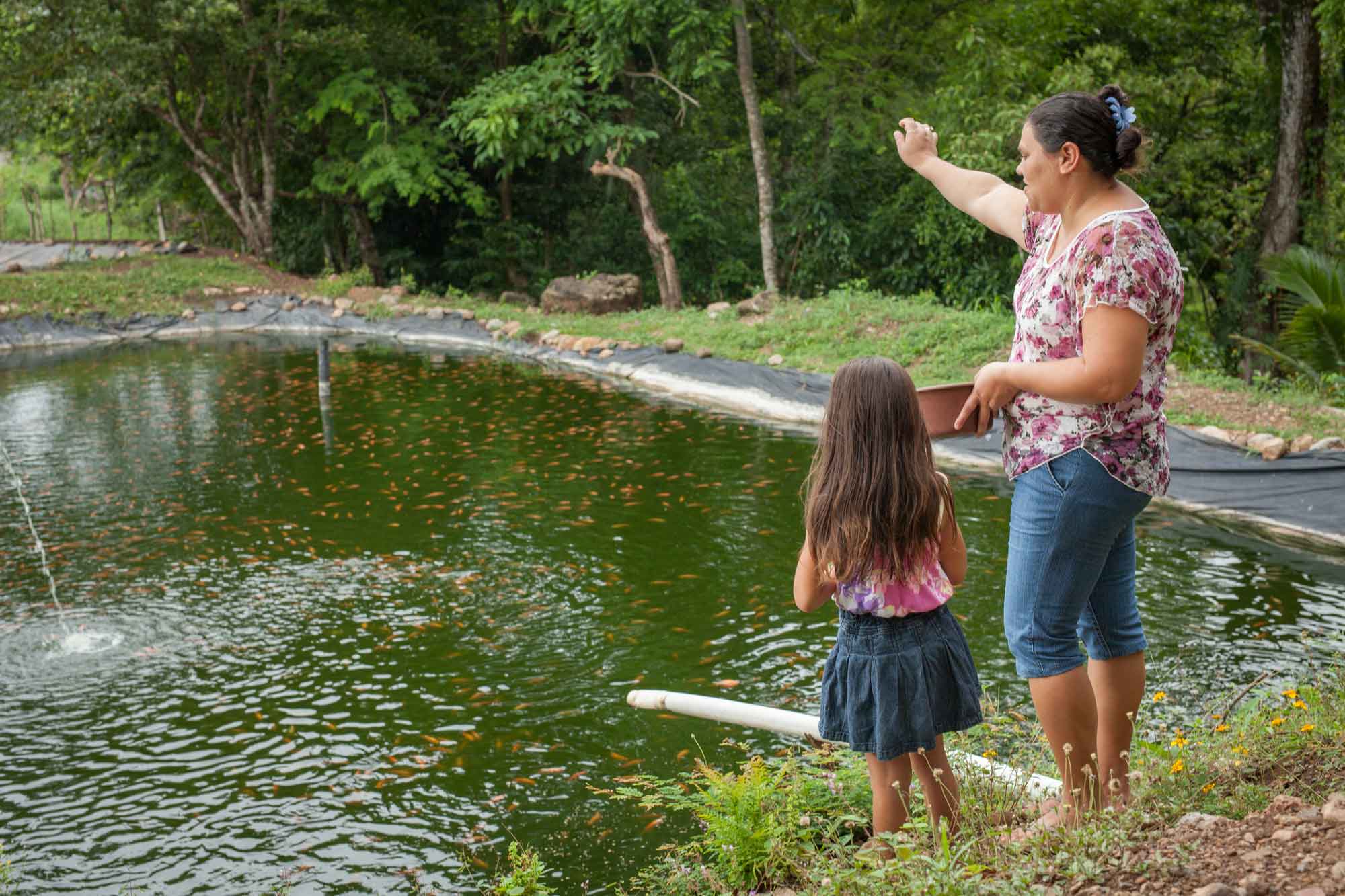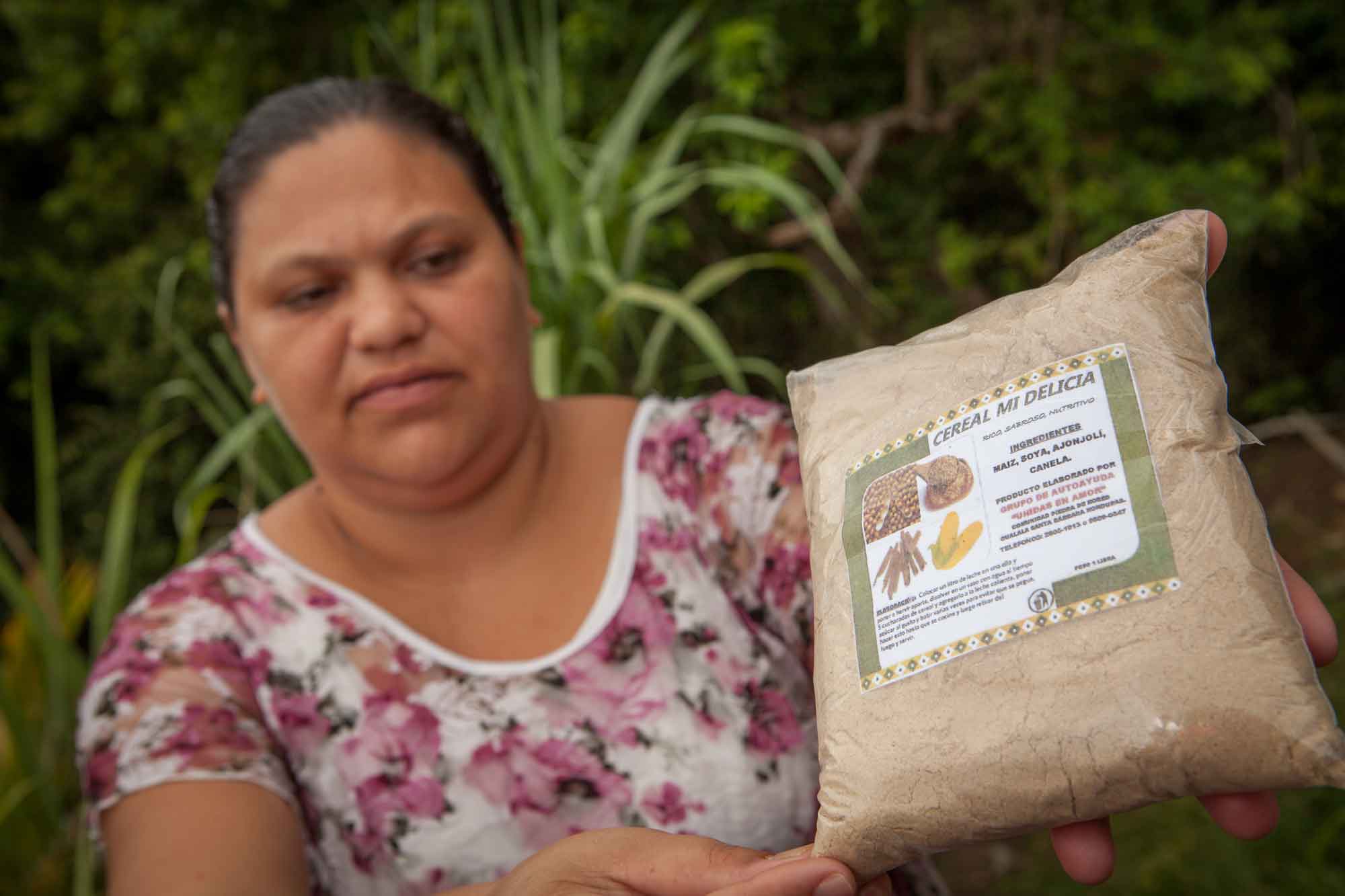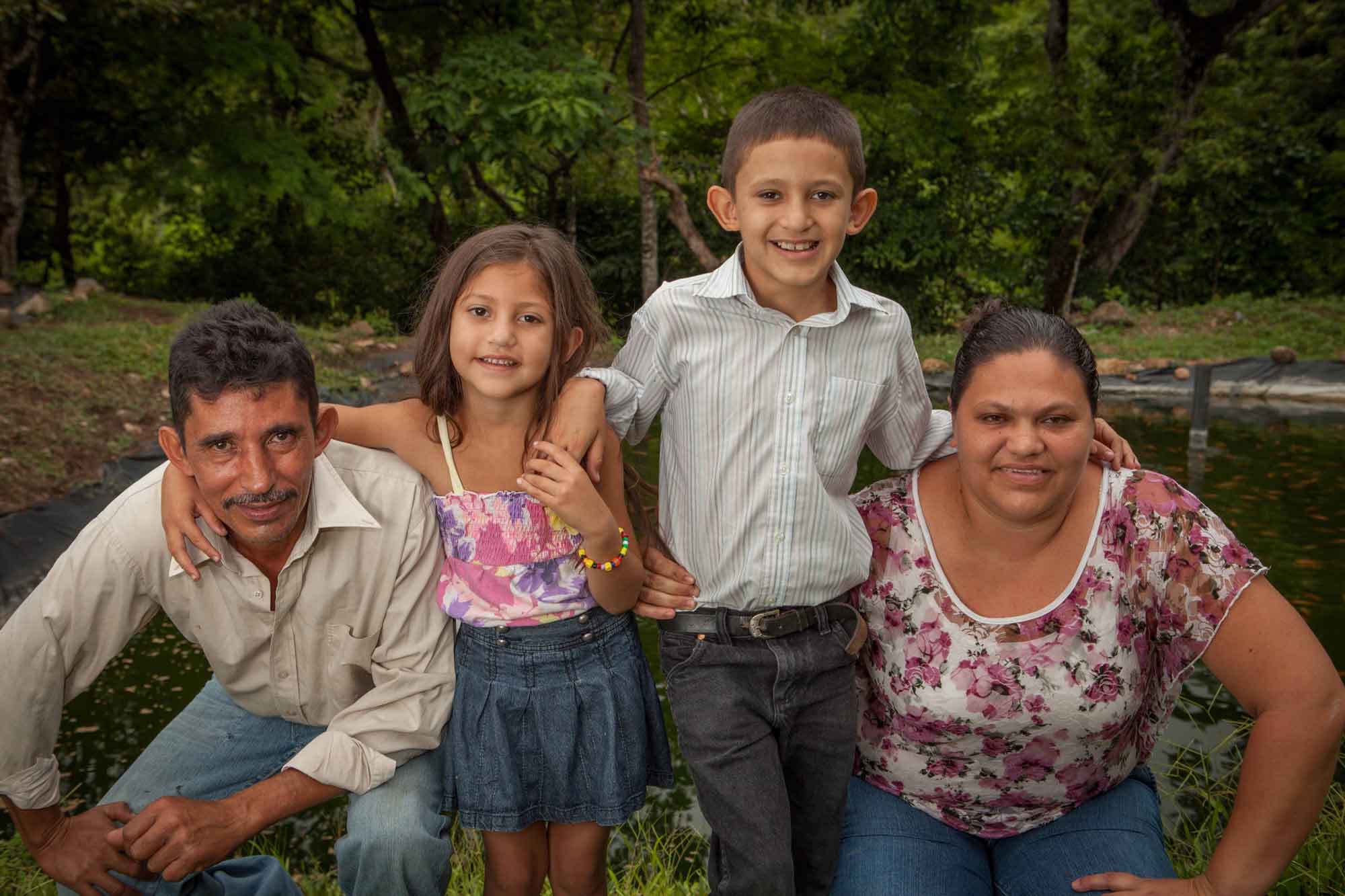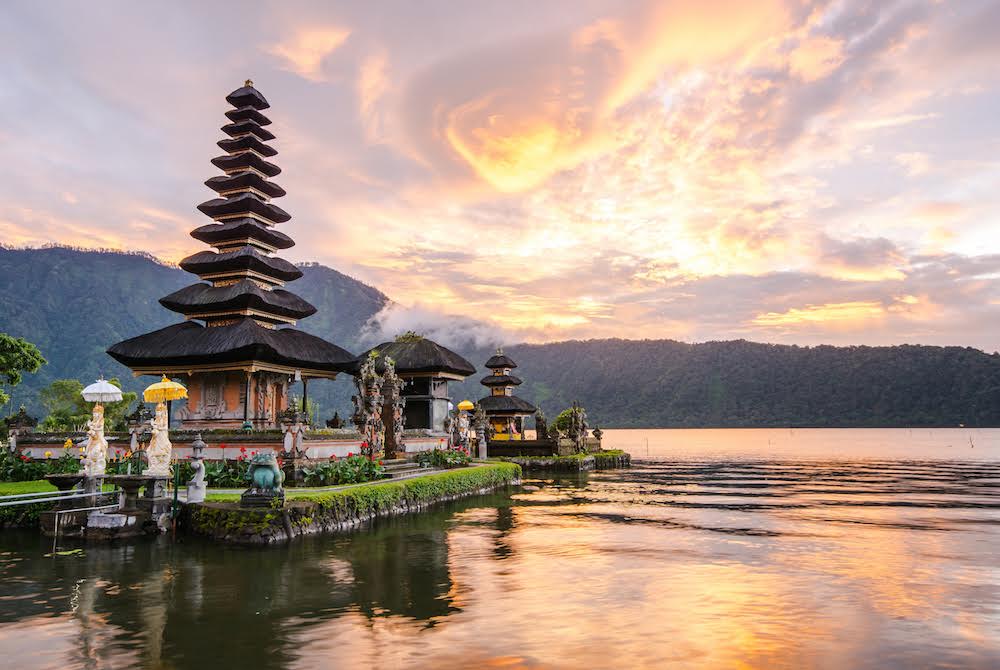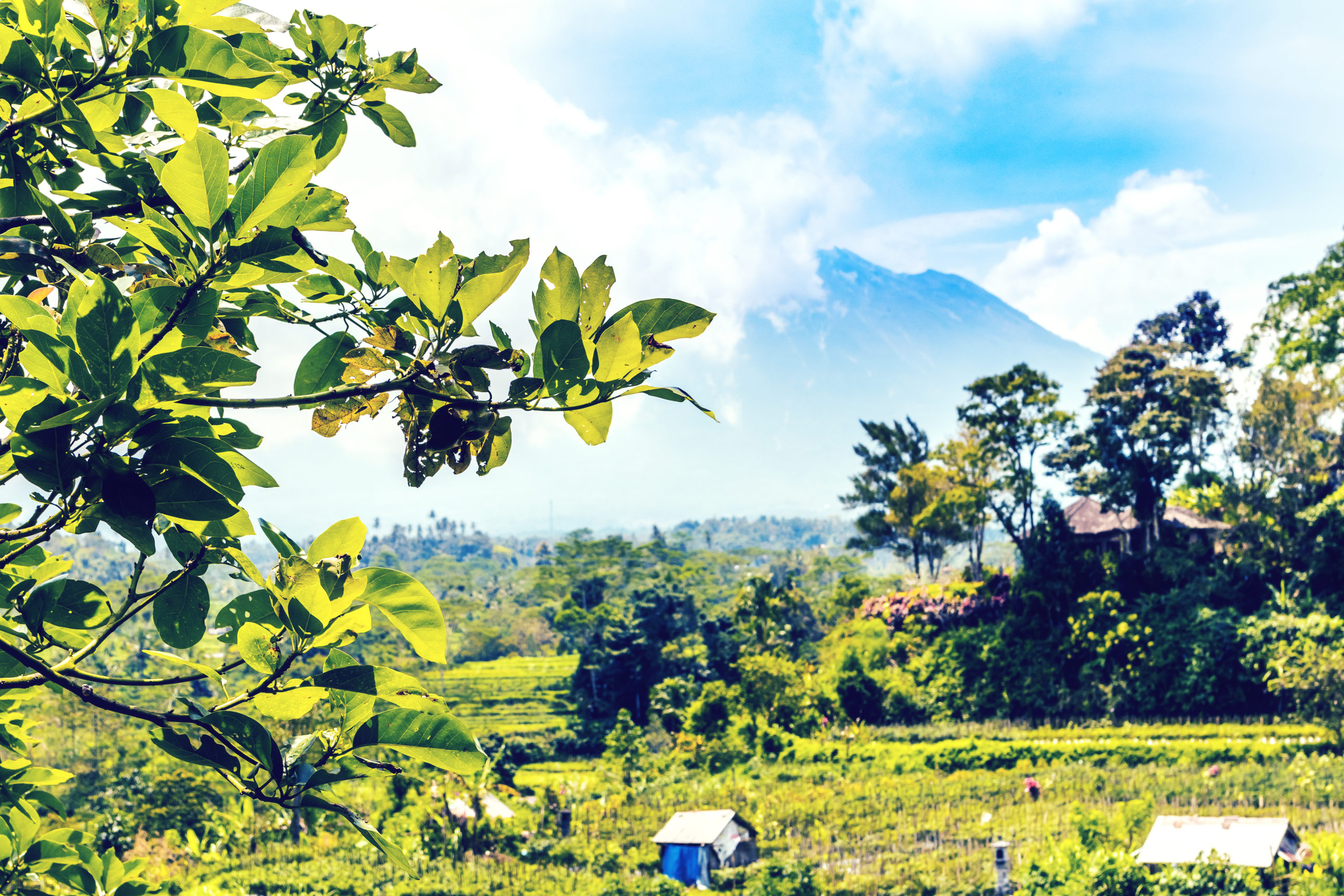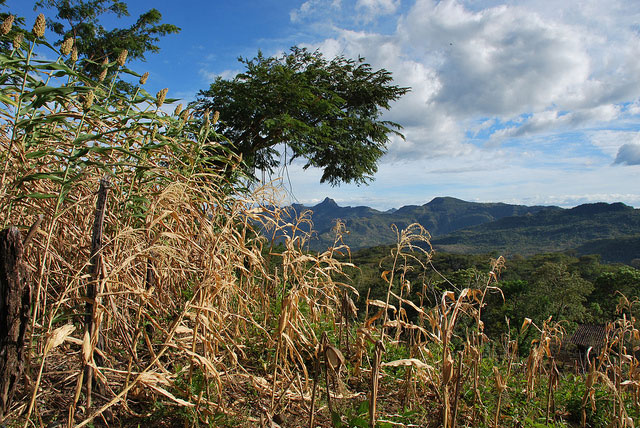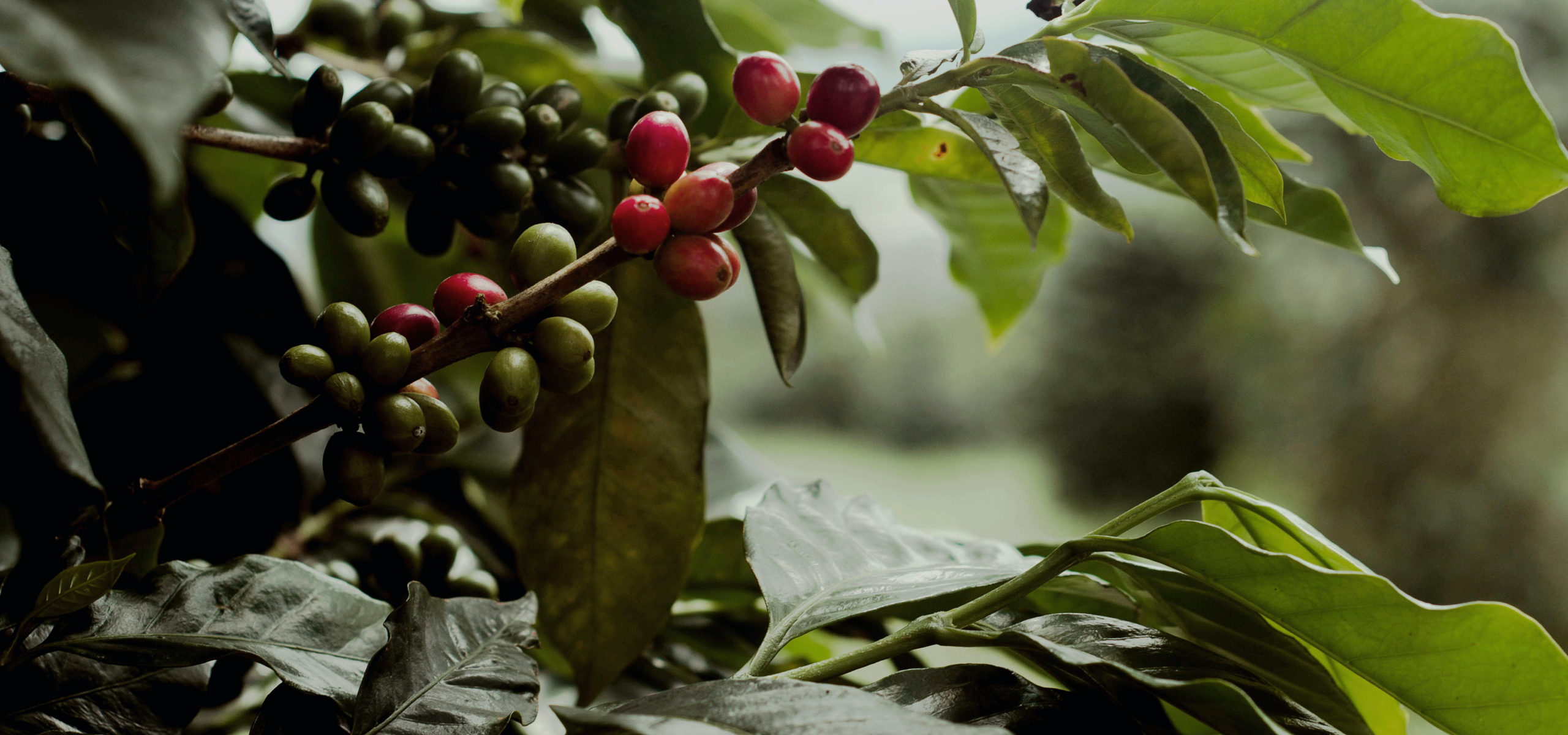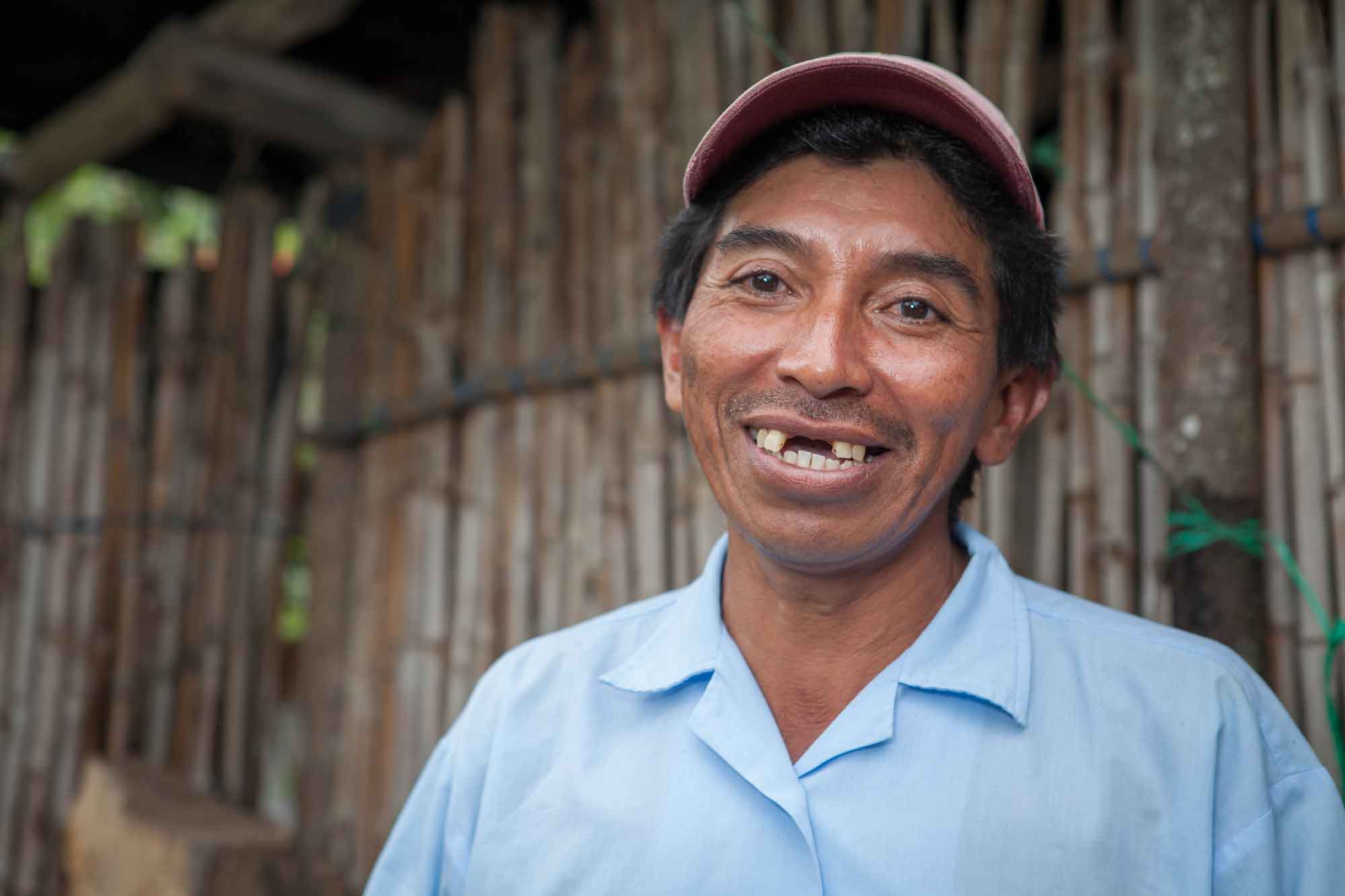
Bringing Clean Water to Nicaragua
Access to clean water is the biggest problem we have in Nicaragua, Petronilo Lopez Diaz, the San Jose President says frankly. In Nicaragua we have to bring clean water from a long way away and there are only three water points in the community for 29 families.
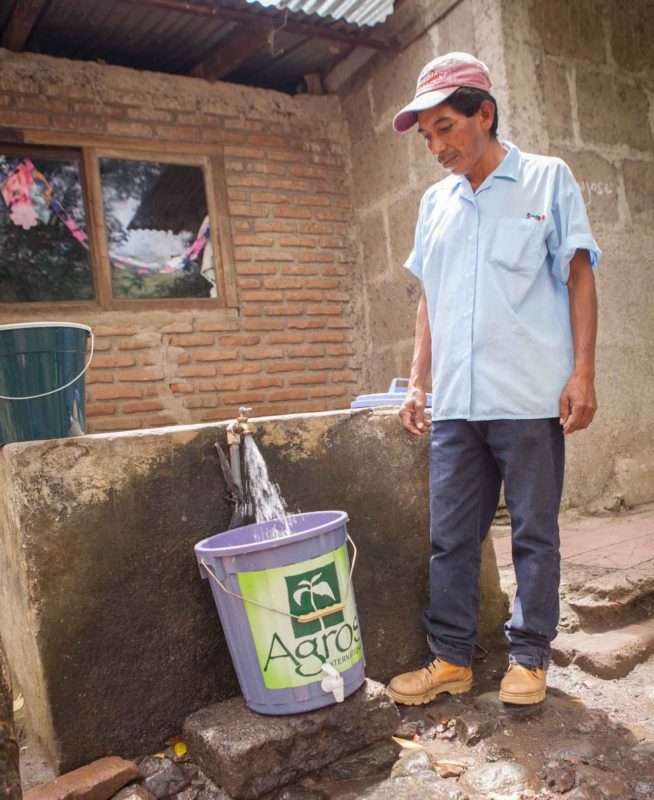
Difficulty with access to water isn’t the only issue. “When we tested the water we learned that the water we drink is contaminated,” he adds. And although Agros health staff taught Petronilo and the community how to purify the water with chlorine tablets available from the Ministry of Health, it has been an uphill battle for the majority of the families to implement this practice. In the beginning, every change is difficult, he says. Some say: “I have never drank water with chlorine, [the chlorine] makes the water taste different.”
Petronilo’s wife, Franseca, was among the skeptics in the beginning, but now stands firm. “I demand that [my family] drink the chlorinated water,” she says. “I have seen the difference [it makes]. In other families [where they don’t chlorinate the water], their children are sick with diarrhea and vomit much more, she says. I tell [other moms] that they need to chlorinate the water.”
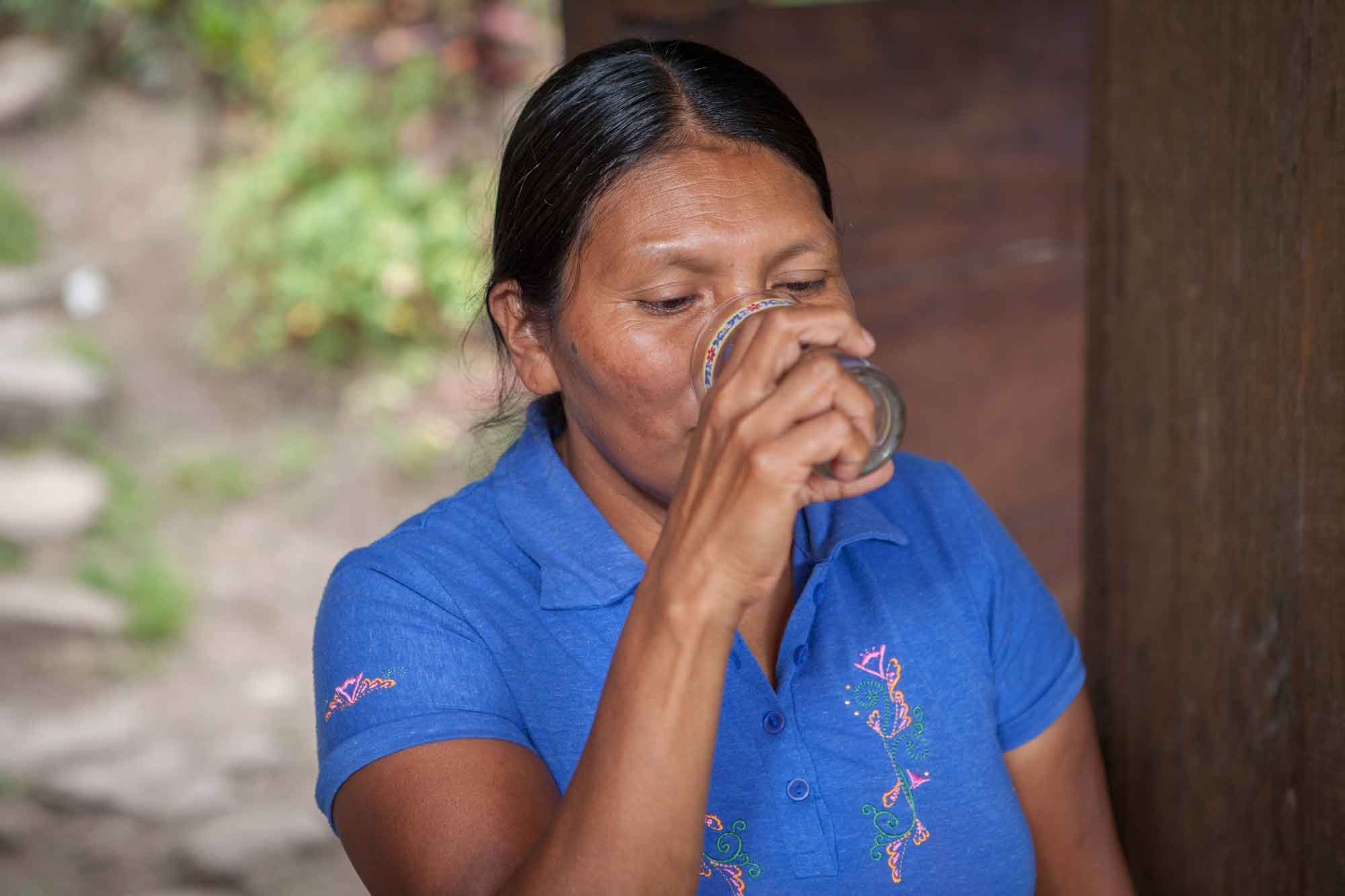
“I feel grateful; grateful to God and grateful to Agros International because they supported us,” Petronilo says. “Today my life is very different. [Before] I didn’t think about the future, but now I do,” he concludes with a smile. Today they have clean water in Nicaragua.
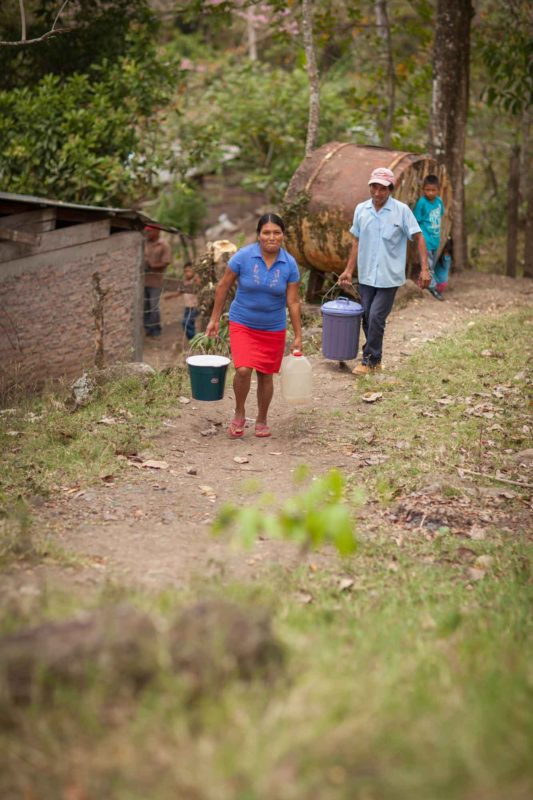
As you approach the home of Petronilo and his wife, Franseca, it is easy to tell from the colorful drawings and pictures that cover their house that their family, education, and their children’s accomplishments are of the utmost importance.
It was his family and his inability to provide for their basic needs that pushed Petronilo beyond his comfort zone. [Where we were before] we lived with a lot of difficulties. Sometimes we had work and sometimes we didn’t. “We didn’t have land to cultivate,” he continues, “With the little we were able to earn I can tell you, you can’t take care of your family.”
Petronilo’s life began to change about 10 years ago when a friend of his became a member of one of Agros villages, El Eden, in northern Nicaragua. When Petronilo saw his friend’s success, he asked if there was any way he and his family could join the village too. Unfortunately for Petronilo, the village was full. But that didn’t dampen his spirits. His friend, who was the village president at the time, told Petronilo he should start his own village. He told me, “organize a new group, find 30 members and I’ll talk to the people at Agros to see if they can help you start a new [village].”
Petronilo and his family have now been in San Jose for eight years. Life in San Jose is better, but it has not been easy for Petronilo and the other families. Like Petronilo, many families brought with them their few belongings and what knowledge and experience they had. And although Petronilo had worked in agriculture his whole life, he didn’t know how to cultivate land properly.
Through the help of Agros agricultural technicians, Petronilo and the other partners have learned to take full advantage of his land. “Here, I have learned everything,” he says. “[Even] how to grow vegetables,” he adds with a broad smile. The partners have also been able to learn how to grow passion fruit and other high-value crops. These kinds of crops increase their earning potential and ability to provide for their family’s needs.
Petronilo is proud of what he and his family have accomplished. Today, he has a new purpose in life. Instead of just working to survive, he and his family are working to thrive. “I cultivate the land. I work hard [because] with God’s help I want to pay for this land so that my children can stay here and they can have this land.” To date he has paid $2,865 toward his land.
